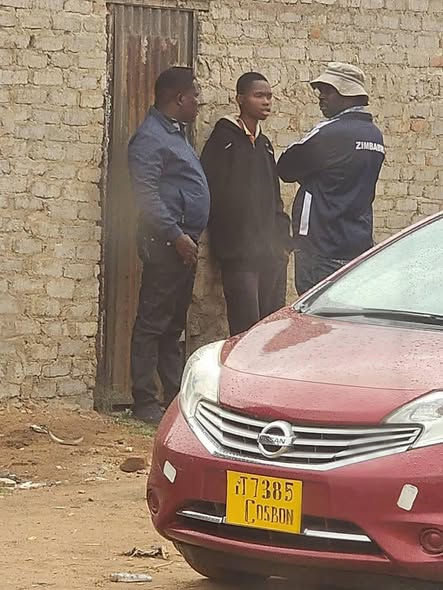Democracy, free and fair elections hampered by judicial capture in Zim
- digitalmedia14
- Jun 14, 2021
- 2 min read
The nature and process in terms of how senior members of the judiciary in Zimbabwe are now appointed as a result of the Constitutional Amendment Number 2 Act of 2021 is a move meant to entrench judicial capture while furthering authoritarianism.
The Constitutional Amendment number 2 Bill passed through Senate in May (2021) and Zimbabwe’s President, Emmerson Mnangagwa hurriedly signed the controversial Bill into law.
The Constitutional Amendment Act Number 2 gives the President the power to appoint the Chief Justice, Deputy Chief Justice, the Judge President and senior judges without subjecting them to public interviews, a move that creates a subservient judiciary and an imperial Presidency.
According to Crisis in Zimbabwe Coalition Spokesperson, Marvellous Khumalo, judicial capture has negative implications on the rule of law as well as the conduct of free and fair elections.
This has further been worsened by the fact that the State has weaponised the judiciary to clampdown on dissenting voices.
Quite often, pro-democracy activists have been denied bail and detained for long periods on flimsy charges only for the upper courts to point out to a miscarriage of justice on the part of the lower courts.
Khumalo said it is unfortunate that through the controversial Constitutional Amendment Act (No. 2) judges will be accountable to the appointing authority and this acts against the independence of the judiciary and consequently affects the justice delivery system in the
country.
This has negative implications on democracy and free and fair elections. At the moment the judiciary is being used as a weapon to punish opposition political activists and civil society activists by way of denying them bail when they are brought before the courts on politically motivated charges.
Again, if we check the 2018 elections it took the courts to decide on the election outcome and if the chief justice is now accountable to the President and not Parliament or the citizens of the country, it becomes very tricky when we go for elections.
In the event of a disputed outcome, the courts will always rule in favour of the appointing authority who happens to be the President and not in favour of the merits of the case before the courts. That is why as the civil society we are saying a captured judiciary will make it difficult for Zimbabwe to have democracy or to enjoy free and fair elections,” said Khumalo.
Crisis in Zimbabwe coalition is on record saying the current constitutional crisis in Zimbabwe is a call to action for civic society organisations to hold the government to account and defend constitutionalism
Get the Crisis Report here






Comments